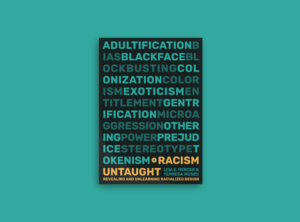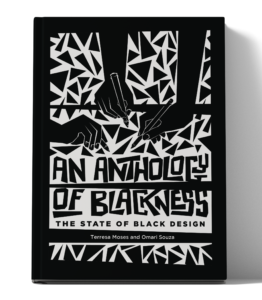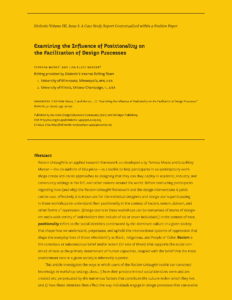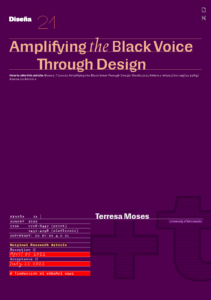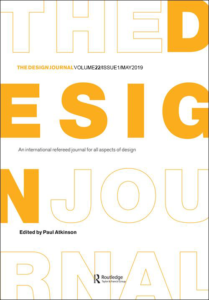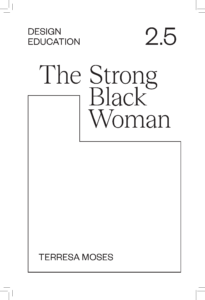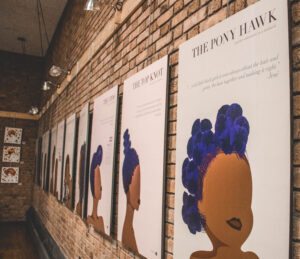

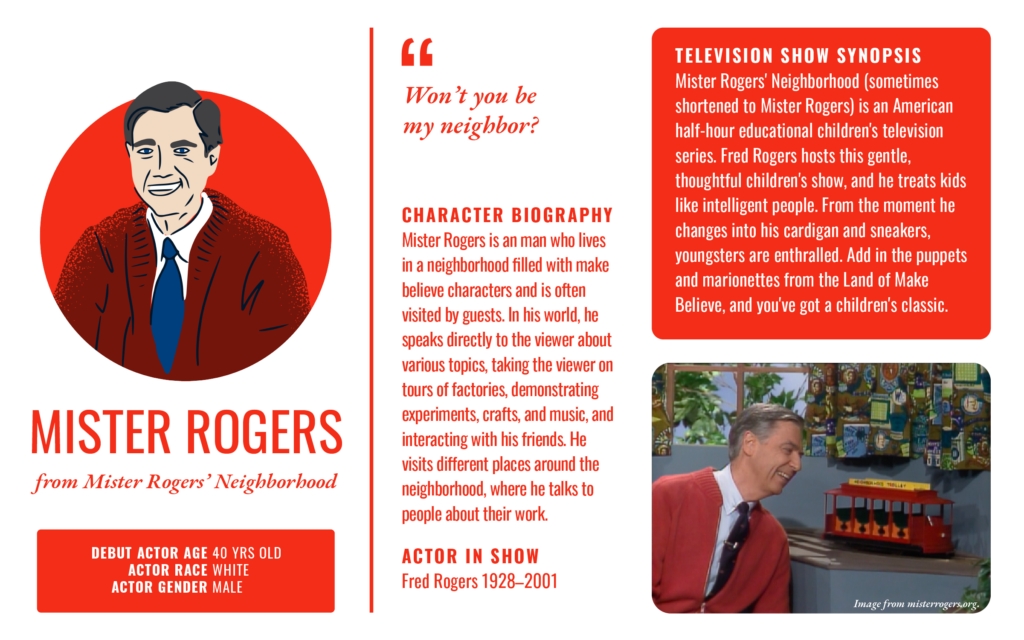
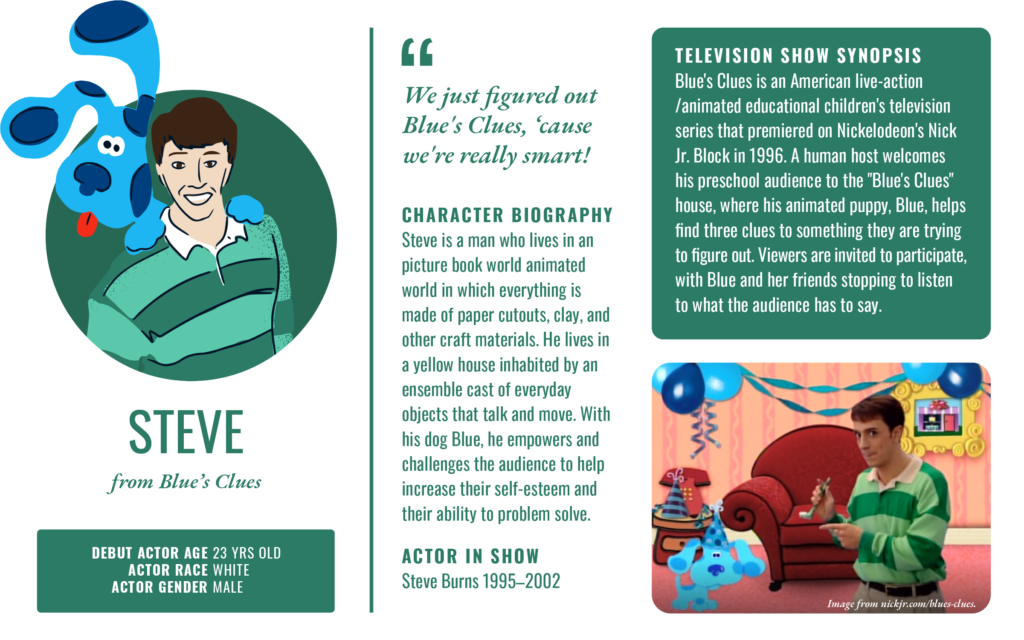
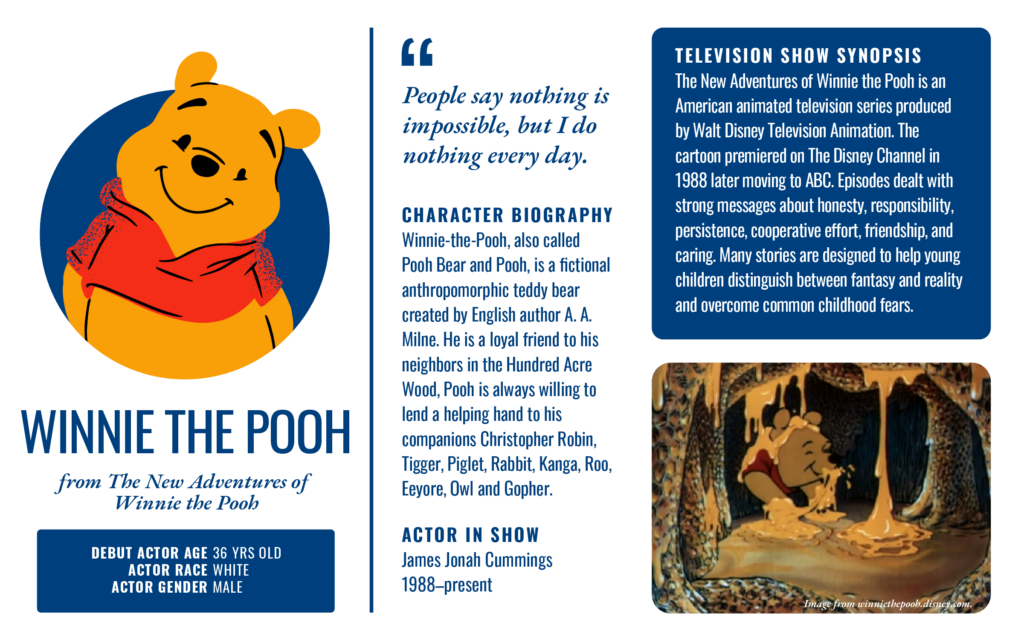
By Terresa Moses
The qualifications to teach in the field of design within institutions of higher learning are largely the same across universities and colleges throughout North America. Despite this fact, racial bias perpetuates the idea that racialized women do not have the assumed knowledge as their white male counterparts within those same institutions. This article investigates—through the use of critical race theory and ecological systems theory in conjunction with secondary research, auto-ethnographic case studies, and a conducted survey to help provide context on—how racialized women do not have assumed expertise in institutions of higher learning by students or colleagues. My analysis focuses on how educational children’s television shapes colonial ways of knowing and who has authority and/or expertise to disseminate such information. I argue that because educational television is white-centric and a staple in early childhood, it has in fact socialized those within institutions of higher learning to assume white men hold expertise and that racialized women cannot hold that same expertise regardless of training thus perpetuating elements of racism and sexism in their experiences.
Available on the International Journal of Diversity in Education.
